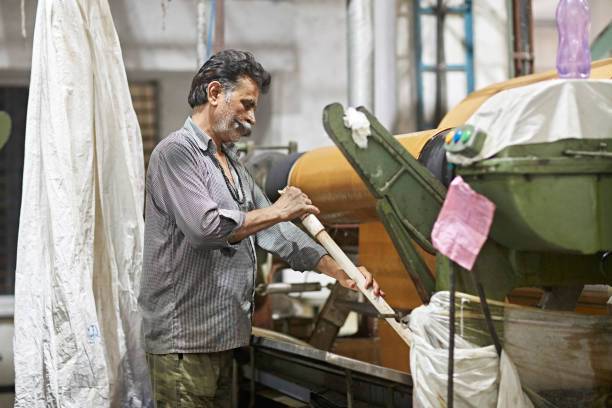The Role of HVAC in Laboratory Environmental Control
allpaanel, cricket bet 99, lotus 365.win:Laboratory environmental control is a crucial aspect of ensuring accurate and reliable results in scientific research and testing. A key component of this control is the Heating, Ventilation, and Air Conditioning (HVAC) system. HVAC systems play a vital role in maintaining optimal temperature, humidity, and air quality levels in laboratory spaces, which are essential for the proper functioning of equipment and the health and safety of personnel.
Temperature Control
One of the primary functions of an HVAC system in a laboratory setting is temperature control. Fluctuations in temperature can have a significant impact on the results of experiments and the performance of sensitive equipment. HVAC systems are designed to regulate indoor temperatures to within a specific range, ensuring that conditions remain stable and consistent.
Humidity Control
In addition to temperature control, HVAC systems also play a crucial role in managing humidity levels in laboratory environments. High humidity can lead to condensation, which can cause equipment to malfunction and compromise test results. On the other hand, low humidity can lead to static electricity buildup, which can damage electronic components. HVAC systems help maintain optimal humidity levels, ensuring the integrity of experiments and equipment.
Air Quality Control
Another vital aspect of laboratory environmental control is air quality. Laboratories often house hazardous chemicals, fumes, and particles that can pose health risks to personnel if not properly controlled. HVAC systems are equipped with filters and ventilation systems that help remove contaminants from the air, ensuring a safe and healthy work environment.
Energy Efficiency
In addition to maintaining optimal environmental conditions, HVAC systems also play a role in energy efficiency. Laboratories consume a significant amount of energy due to the operation of equipment and the need for precise environmental control. Energy-efficient HVAC systems can help reduce energy consumption and operating costs while still maintaining the required environmental conditions.
Maintenance and Calibration
Proper maintenance and calibration of HVAC systems are essential to ensure their effectiveness and reliability. Regular maintenance checks and calibration of temperature, humidity, and air quality sensors are necessary to keep the system running smoothly and accurately. Neglecting maintenance can lead to system failures, which can have dire consequences for laboratory operations.
Emergency Preparedness
In the event of a power outage or HVAC system failure, it is essential to have a contingency plan in place to prevent damage to equipment and experiments. This may involve having backup power sources, such as generators, or alternative cooling methods to maintain environmental control until the system can be restored.
Overall, the role of HVAC in laboratory environmental control cannot be overstated. From temperature and humidity regulation to air quality management and energy efficiency, HVAC systems are essential for maintaining the integrity of experiments, ensuring the safety of personnel, and optimizing laboratory operations.
FAQs
1. Why is temperature control important in a laboratory setting?
Temperature control is crucial in a laboratory setting because fluctuations in temperature can affect the results of experiments and the performance of equipment. Maintaining a stable and consistent temperature is essential for reliable and accurate outcomes.
2. How does humidity affect laboratory environments?
Humidity levels can impact laboratory environments by causing condensation, static electricity buildup, and the growth of mold and bacteria. Proper humidity control is essential to ensure the integrity of experiments and the safety of personnel.
3. What role does air quality play in laboratory safety?
Air quality is essential for maintaining a safe and healthy work environment in laboratories. HVAC systems help remove contaminants from the air, such as hazardous chemicals and fumes, to prevent health risks to personnel.
4. How can energy-efficient HVAC systems benefit laboratories?
Energy-efficient HVAC systems can help laboratories reduce their energy consumption and operating costs while still maintaining optimal environmental conditions. By utilizing energy-efficient technologies, laboratories can achieve sustainable and cost-effective operations.







